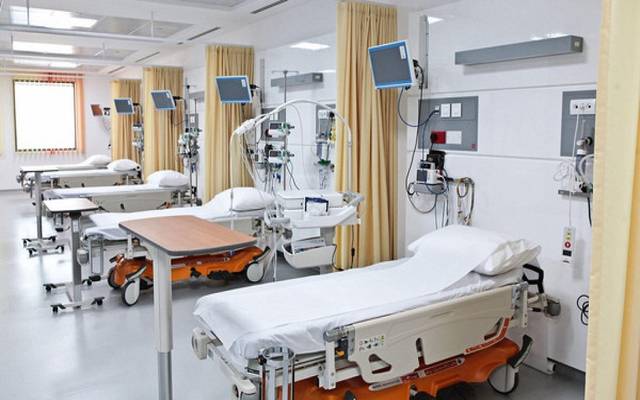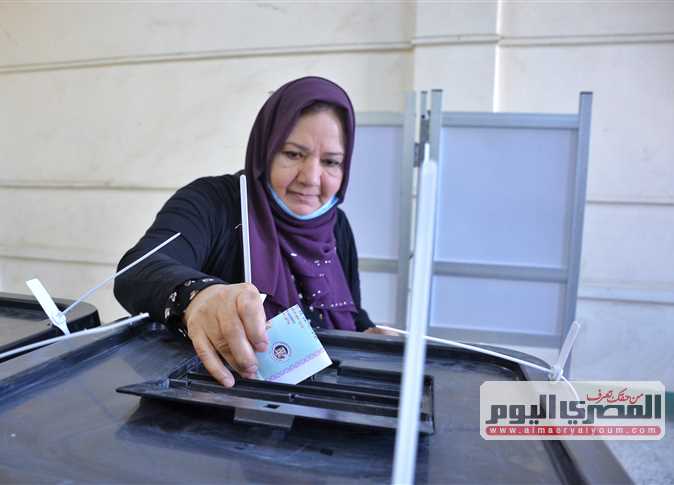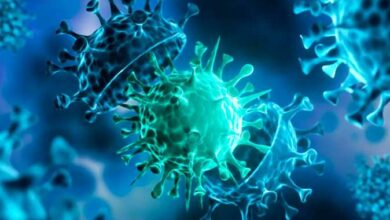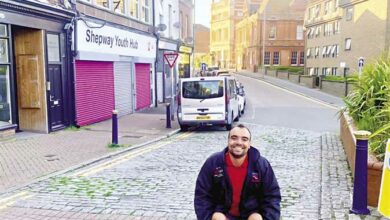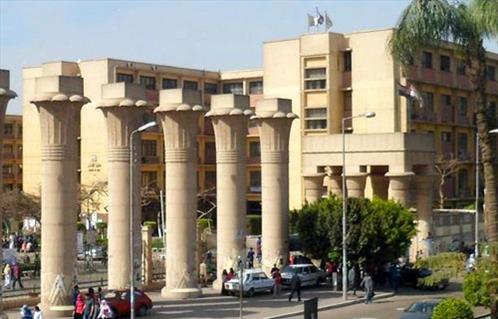
Egypt’s Minister of Higher Education and Scientific Research Khaled Abdel Ghafar inaugurated the first educational hall specifically designed for students with special needs on Thursday, Feb. 7 at the Faculty of Arts in University of Ain Shams.
Dr. Suzan Al-Kellany, dean of the faculty, declared that Ethedico Petrochemical Company, headed by Abdul Maged Hegazy, established the hall with the latest means to serve students with disabilities in the Faculty of Arts.
Ethedico provided the university with logistical support, including the financial costs, as a part of its corporate social responsibility.
The inauguration was witnessed by the governors of Cairo and Alexandria, the president of Ain Shams University, the president of the Egyptian Holding Company for Petrochemicals, and the president of Ethedico Petrochemical Company.
The hall is fully equipped in terms of accessibility and integration to facilitate the educational journey for disabled students in the university. It houses customized computers with internet access, speakers and electronic projectors.
Furthermore, the hall accommodates diverse educational services for art students, including training courses and workshops to qualify them for entering the workforce after graduation.
Believing in the principle of equal opportunities, the faculty previously established a special unit for students with disabilities in 2015 to help them cope with the regular education system’s curriculum and take the same tests as the other students.
Regarding the university facilitating services for special needs students, there are subsidized books and tuition fee reductions. The university also welcomes the students’ recommendations and demands through its social media platform.
Moreover, various centers have been founded in the university targeting different form of disabilities, such as the Center of Visual Service that helps blind students to complete their academic research on their own through training courses.
Kellany listed numerous types of disabilities targeted by the university, such as muscular atrophy, hearing impairment, cerebral palsy, autism, mental disability, learning difficulties, psychological and neurological conditions, short-term patients, and renal failure patients and tumor patients undergoing renal dialysis or chemotherapy sessions.

